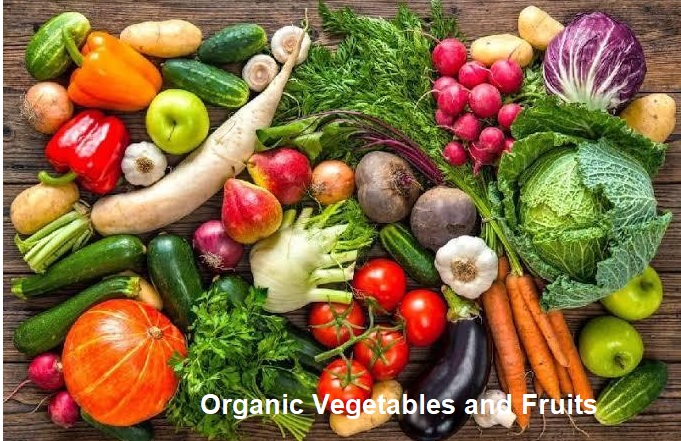
Organic Vegetables and Fruits: Meeting Worldwide Demands through Sustainable Cultivation
In today’s health-conscious world, the demand for organic vegetables and fruits has been steadily on the rise. People are becoming increasingly aware of the benefits of consuming chemical-free, nutrient-rich produce. This global shift in dietary preferences has led to a surge in the cultivation and consumption of organic fruits and vegetables. In this article, we will explore the worldwide demand for organic produce and the sustainable cultivation practices that make it possible.
The Rising Demand for Organic Produce
The demand for organic vegetables and fruits has transcended geographical boundaries. Consumers worldwide are embracing the organic movement, and this trend shows no signs of slowing down. Several factors contribute to the growing demand for organic produce:
- Health Consciousness: People are becoming more health-conscious, seeking foods that are free from harmful pesticides, synthetic fertilizers, and genetically modified organisms (GMOs). Organic produce offers a safer and healthier option.
- Environmental Concerns: Concerns about the environment and the impact of conventional agriculture on soil health and ecosystems have pushed many consumers to choose organic options. Organic farming practices prioritize sustainability and biodiversity.
- Taste and Nutritional Value: Many consumers find that organic fruits and vegetables often taste better and have higher nutritional content compared to conventionally grown counterparts. This perception drives demand.
- Ethical and Social Considerations: Some consumers choose organic produce based on ethical and social reasons, supporting farming practices that promote fair labor and sustainability.
Sustainable Cultivation Practices
Meeting the increasing worldwide demand for organic vegetables and fruits requires sustainable cultivation practices. Organic farming methods prioritize the long-term health of the soil, ecosystems, and communities involved. Here are some key practices that contribute to the sustainability of organic agriculture:
- No Synthetic Chemicals: Organic farming avoids synthetic pesticides and fertilizers, relying instead on natural alternatives like compost, cover crops, and beneficial insects.
- Crop Rotation: Crop rotation helps prevent soil depletion and minimizes the risk of pests and diseases. It also enhances soil fertility naturally.
- Composting and Mulching: Organic farmers use composting and mulching to enrich the soil with organic matter and retain moisture, reducing the need for irrigation.
- Biological Pest Control: Beneficial insects, such as ladybugs and parasitic wasps, are used to control pest populations, reducing the need for chemical pesticides.
- Non-GMO Seeds: Organic farming uses non-genetically modified (non-GMO) seeds to maintain the integrity of the crop’s genetic makeup.
- Conservation of Resources: Organic farms often implement water-saving techniques and energy-efficient practices to minimize their environmental footprint.
The Global Impact
The cultivation of organic vegetables and fruits has a global impact that extends beyond individual health benefits. It promotes sustainable agriculture, reduces the use of harmful chemicals, and supports local communities. Organic farming practices contribute to biodiversity conservation, soil health improvement, and reduced greenhouse gas emissions, making it an integral part of the solution to today’s environmental challenges.
Conclusion
The worldwide demand for organic vegetables and fruits reflects a growing awareness of the importance of healthy and sustainable food choices. As consumers increasingly seek out organic options, farmers and agricultural practices are adapting to meet this demand while prioritizing the health of our planet. By choosing organic produce and supporting sustainable cultivation methods, individuals can contribute to a healthier future for themselves and for the planet.
